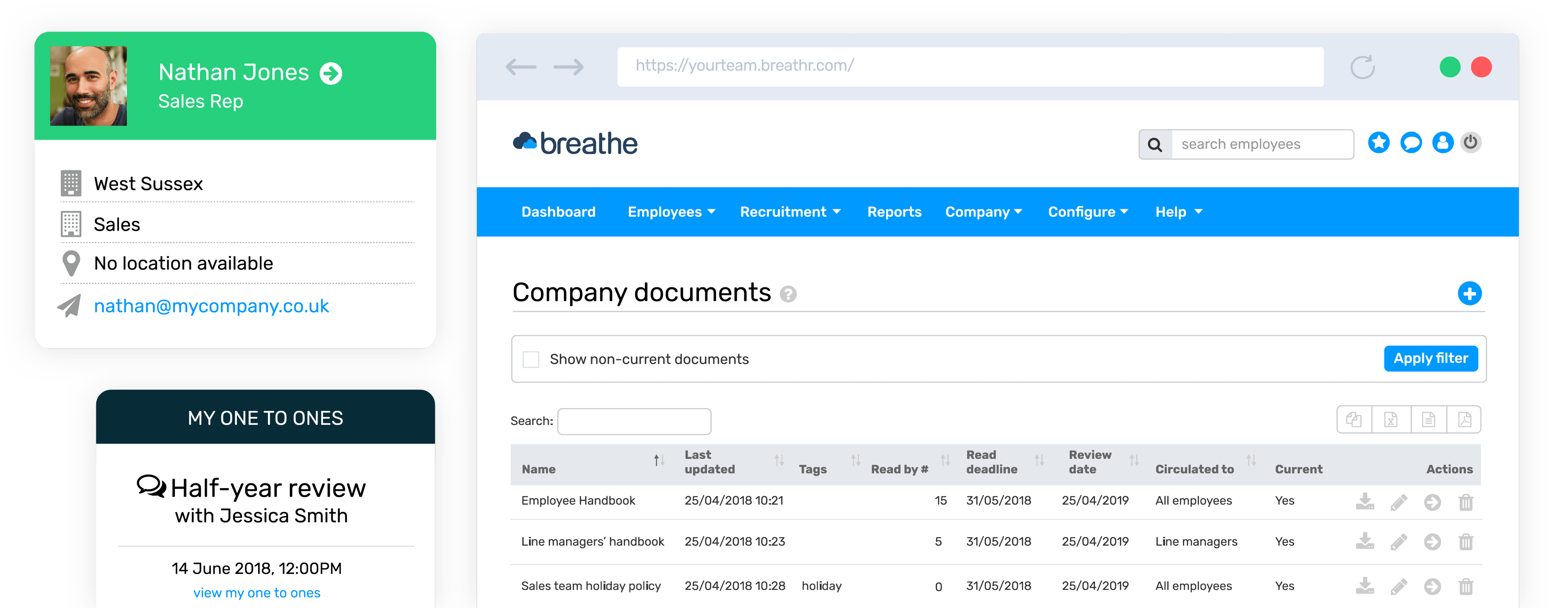Introduction to communication skills
Effective communication skills are at the heart of every successful relationship - whether you're at work or just getting on with life. In today's fast-paced workplace, being able to communicate effectively is what makes or breaks trust, helps you share information properly, and gets your team hitting those goals. Good communication skills go way beyond just sharing ideas; they're about understanding the full picture behind what someone's saying, including all the emotions and intentions that come with it.
Developing effective communication skills starts with being aware of both what you say and how you're saying it. Body language plays a massive part in this process. Positive body language - think maintaining eye contact, using open gestures, and showing friendly facial expressions - helps you come across as confident and builds that all-important mutual respect.
On the flip side, negative body language (crossed arms, avoiding eye contact, or fidgeting) can send the wrong message entirely and create barriers you didn't even know were there. Nonverbal communication, including your posture, tone of voice, and other nonverbal cues, often speaks way louder than your actual words and can either back up what you're saying or completely contradict it.
Active listening is another must-have skill for anyone who wants to communicate effectively. Being an active listener means you're giving your full attention to whoever's speaking, watching their body language, and responding thoughtfully to show you've actually understood what they're trying to tell you. This approach doesn't just help avoid those awkward misunderstandings - it also makes the other person feel heard and valued, which is absolutely crucial for building meaningful relationships and improving employee engagement.
Communication skills training can be transformative for anyone looking to level up their communication. This kind of training usually covers everything from conflict management and problem solving to adapting your communication style for different audiences (because let's face it, you don't talk to your CEO the same way you chat with your mate). It also encourages self-awareness - understanding your own strengths and where you could do better - and being open to feedback, both being important for continuous development.
In the workplace, effective communication helps teams work together more efficiently, supports better relationships between team members, and makes sure that important tasks are actually understood and completed properly. Clear communication is also vital for giving constructive feedback, managing conflict, and ensuring everyone's on the same page with team and business goals.
Ultimately, developing good communication skills is an ongoing process that requires practice, patience, and a willingness to keep learning. By focusing on both verbal and nonverbal communication, actively listening, and seeking out opportunities for communication skills training, you can improve your ability to get your message across, build trust, and achieve success - both in your career and beyond.




